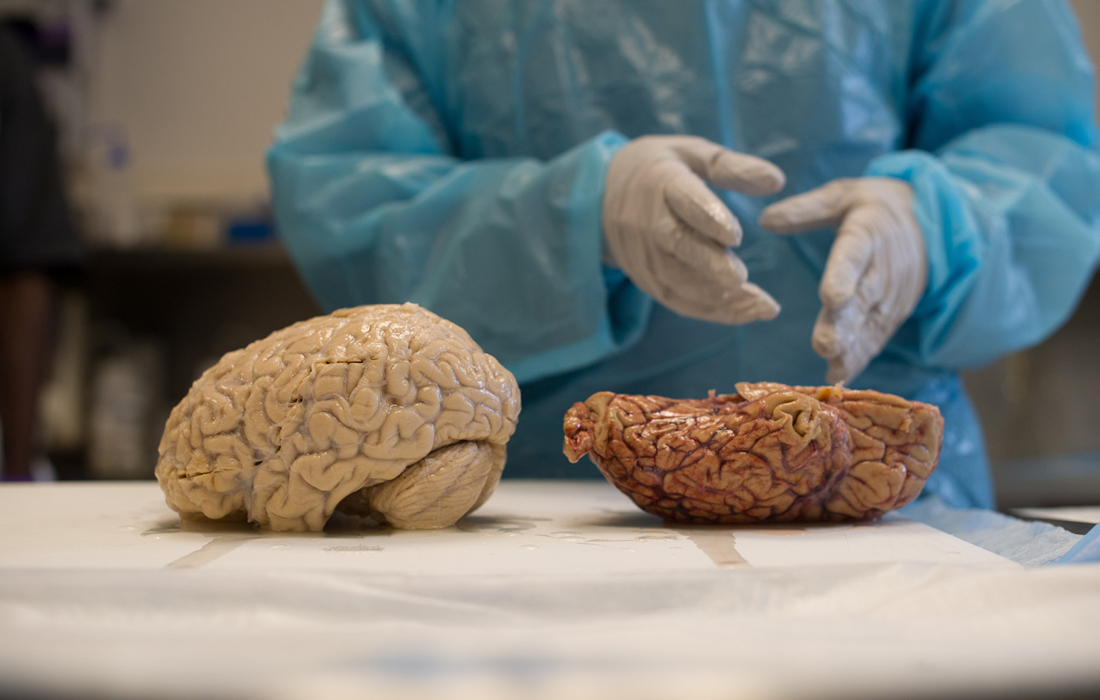COVID-19
Study Finds Alzheimer’s-like Changes in COVID-19 Patients
Patients suffering from severe COVID-19 exhibit multisystem organ failure involving not only pulmonary but also cardiovascular, neural, and other systems. The complexity of the organ system failures both complicate the care of COVID-19 patients and contribute, to a great extent, to the morbidity and mortality of the pandemic.
A study from researchers at Columbia University Vagelos College of Physicians and Surgeons reported that the brains of a small sample of patients who died of COVID displayed some of the same molecular changes found in the brains of people with Alzheimer’s disease. The study was published in the journal Alzheimer’s & Dementia: The Journal of the Alzheimer’s Association.
According to them the findings could help explain the memory problems reported by sufferers of “long COVID”, though the researchers caution that the study is small, with data from only 10 patients.
Reports of brain fog prompted the researchers to investigate how certain molecules called ryanodine receptors were affected in this new disease.
Defective ryanodine receptors have been implicated in diverse pathogenic processes, ranging from heart and lung disease to the brain’s response to stress and Alzheimer’s disease.
The researchers found high levels of phosphorylated tau in the brains of the COVID patients in addition to defective ryanodine receptors. Phosphorylated tau was found in areas where tau is typically located in Alzheimer’s patients, as well as in areas where tau is not typically located in Alzheimer’s patients, which suggest that phosphorylated tau in the COVID patients could be a sign of early-stage Alzheimer’s and also contribute to other neurological symptoms observed in COVID-19 patients.
The researchers theorize that the immune response characteristic of severe COVID causes inflammation in the brain, which in turn leads to dysfunctional ryanodine receptors and then increases in phosphorylated tau.
Sources:
Steve Reiken, Leah Sittenfeld, Haikel Dridi, Yang Liu, Xiaoping Liu, Andrew R. Marks. Alzheimer’s‐like signaling in brains of COVID‐19 patients. Alzheimer’s & Dementia, 2022; DOI: 10.1002/alz.12558
Columbia University Irving Medical Center. “Small study finds Alzheimer’s-like changes in some COVID patients’ brains.” ScienceDaily. ScienceDaily, 3 February 2022. <www.sciencedaily.com/releases/2022/02/220203122947.htm>.
Image from:
Researchers at a Veterans Affairs center in Bedford, Mass., study brains for a degenerative ailment found only by autopsy. Credit…Gretchen Ertl for The New York Times. Retrieved from: https://www.nytimes.com/2012/05/17/us/brain-disease-is-found-in-veterans-exposed-to-bombs.html

